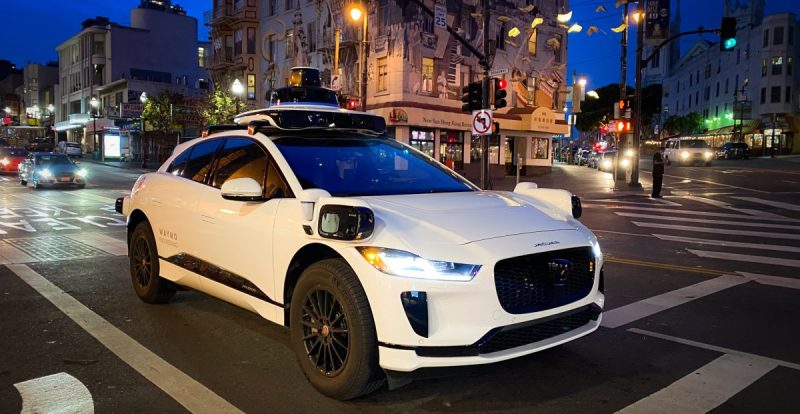
Alphabet CEO Sundar Pichai recently hinted at a potential shift in Waymo’s business model during an earnings call. While Waymo currently focuses on ride-sharing partnerships with companies like Uber and Moove, Pichai mentioned “future optionality around personal ownership” of their autonomous vehicles. This isn’t entirely new territory for Waymo; back in 2018, they collaborated with Chrysler to develop self-driving minivans, sparking initial discussions about private ownership.
The prospect of personally owning a Waymo self-driving car raises intriguing questions about the future of autonomous vehicle technology and its accessibility. This potential move places Waymo in direct competition with other companies exploring the personal autonomous vehicle market, most notably Tesla. Tesla CEO Elon Musk has aggressively pushed their Cybercab, a two-seater robotaxi slated for a $30,000 price point by 2026, contrasting it with Waymo’s more expensive, sensor-laden vehicles. However, it’s worth noting that Waymo currently boasts a significantly larger fleet of operational robotaxis on the road compared to Tesla’s zero.
Waymo’s continued expansion, including recent testing in Japan, further suggests their commitment to the autonomous vehicle market. While the timeline for personal ownership remains unclear, Pichai’s statement signals a potential long-term strategy shift, offering a glimpse into a future where owning a self-driving car might become a tangible reality for consumers. The competition is heating up, and the race to deliver affordable and accessible self-driving technology is far from over. Only time will tell if Waymo’s vision of personal autonomous vehicle ownership becomes a reality, and how it will compare to offerings from competitors like Tesla.










